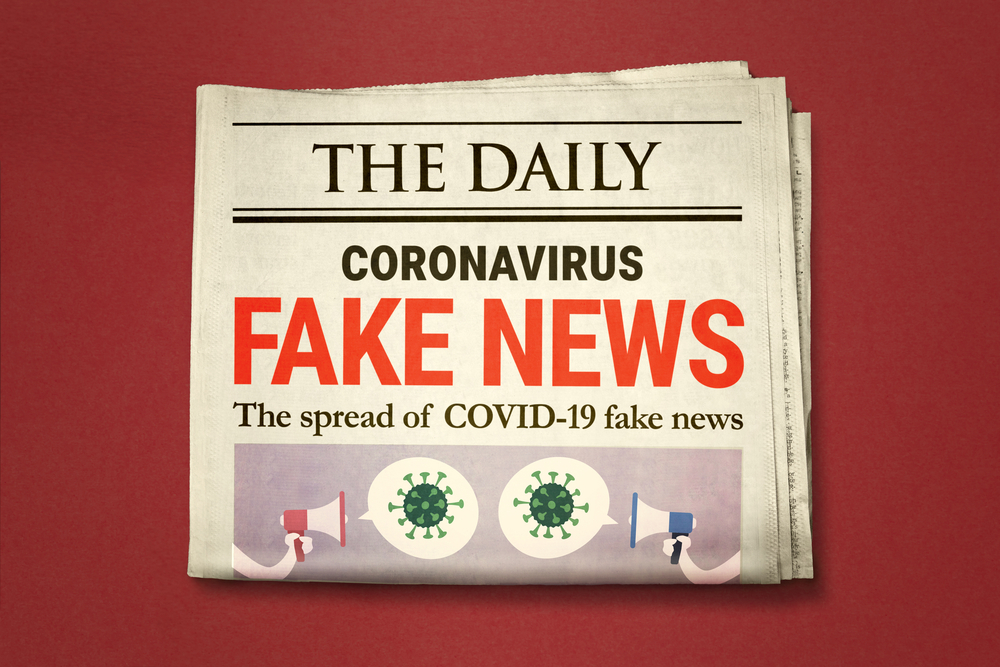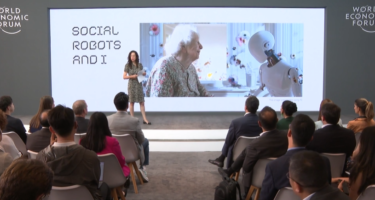Four House Committee on Energy and Commerce members are asking Facebook, Twitter, and Google to give them monthly reports about their companies’ response to disinformation regarding the COVID-19 pandemic.
Members of the US House of Representatives Committee on Energy and Commerce want in on what big tech companies are reportedly doing for the European Union — providing monthly reports on how each platform handles COVID-related disinformation.
The representatives cited an article from The Verge entitled “Google, Facebook, and Twitter to produce regular reports on coronavirus disinformation for the EU” as the source of their inspiration in wanting to get the monthly reports.
“We request that your company provide the Committee with monthly reports similar in scope to what you are providing the European Commission regarding your COVID-19 disinformation efforts as they relate to United States users of your platform” — House E&C members
“Over the past several months, we have seen a troubling rise of false or misleading information related to COVID-19 disseminated by domestic and foreign actors on platforms such as yours. This disinformation has ranged from false statements about certain groups being immune from contracting the virus to unsubstantiated assertions about masks and vaccines,” the four politicians wrote in their letters to Mark Zuckerberg, Jack Dorsey, and Sundar Pichai.
“Given the Committee’s jurisdiction over consumer protection and its ongoing oversight efforts around COVID-19 disinformation, we request that your company provide the Committee with monthly reports similar in scope to what you are providing the European Commission regarding your COVID-19 disinformation efforts as they relate to United States users of your platform,” they added.
Three requests were sent to three CEOs of three big tech companies.
The Committee on Energy and Commerce expects that each company present a brief within two weeks (by July 22) to discuss the type and form of information each platform plans to produce in these reports and to further describe the efforts currently underway to combat COVID-19 disinformation on your platform.
Disinformation vs Misinformation
We often see the words “misinformation” and “disinformation” lumped together, but I’ve spoken with former intelligence officers who say that they are actually quite different.
Misinformation is information that is just flat out wrong, and it can be proved wrong.
Disinformation, on the other hand, is when you put a truth next to a falsehood. Disinformation is more dangerous because it’s harder to prove and harder to debunk because there’s a truth for every lie.
The House members are looking for reports on “disinformation” because that was the word they saw in a headline on The Verge, yet the actual article referenced “misinformation” more than it did “disinformation.”
Currently Facebook keeps an up-to-date blog on COVID-related misinformation.
Google, for its part, has been keeping up-to-date on COVID-related disinformation and hacking on its blog.
And Twitter has been reporting on what it does to prevent the spread of misleading information.
“During a hearing the Committee held last month, we learned that dangerous disinformation regarding COVID-19 persists and platforms can and should do more to stem this ongoing and dangerous problem,” the four House members wrote.
The hearing they referenced was entitled, A COUNTRY IN CRISIS: HOW DISINFORMATION ONLINE IS DIVIDING THE NATION, and in that hearing expert witnesses tore into Facebook for amplifying hate and polarization among its users.
One witness, digital forensics expert Dr. Hany Farid, testified, “Mark Zuckerberg is hiding the fact that he knows that hate, lies, and divisiveness are good for business.”
“They didn’t set out to fuel misinformation and hate and divisiveness, but that’s what the algorithms learned,” he added.
Facebook says it doesn’t benefit from hate, but its algorithms tell a different story: op-ed
House Intel Committee ditches script, grills big tech on polarizing users and toxic civic discourse












